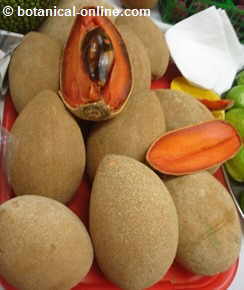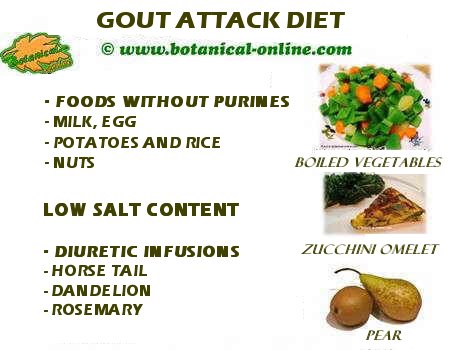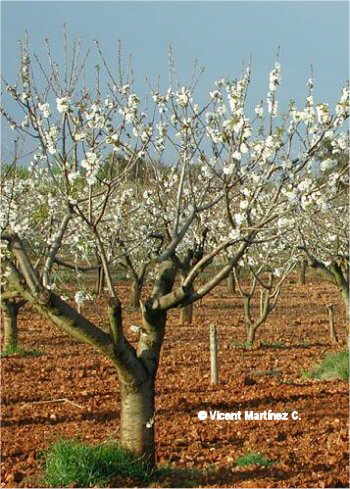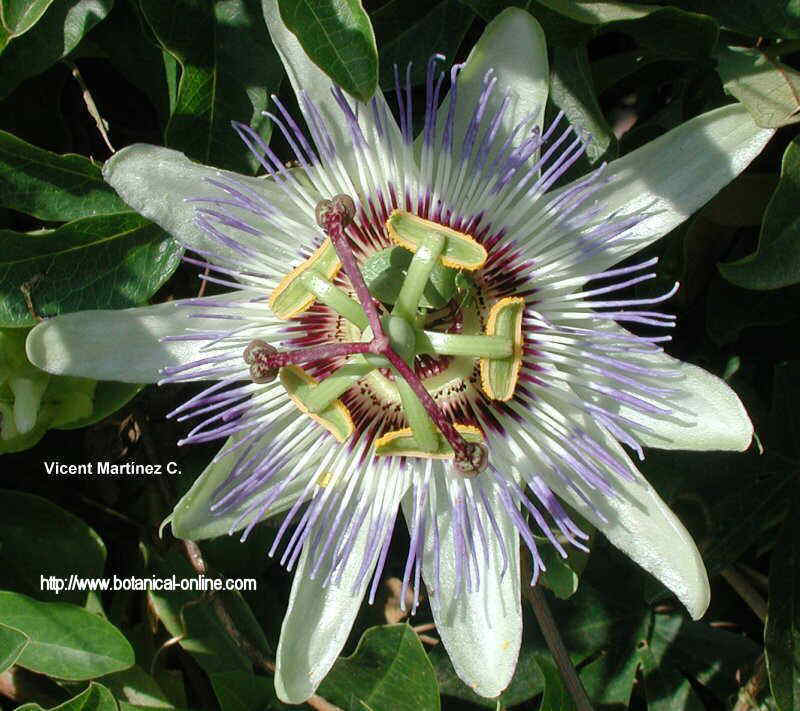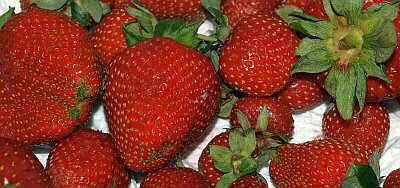Contents
Food antioxidants
What are antioxidant additives?
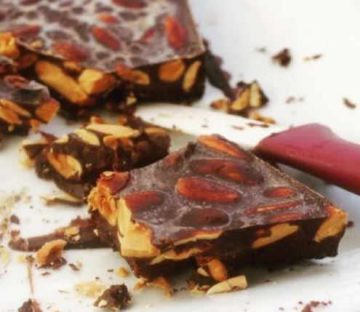
Food becomes perishable due to its biological deterioration: because of the action of microorganisms (eg mold on an orange); or due to its chemical deterioration: because its components oxidize, for example (e.g rancid oil).
Antioxidant substances delay or prevent these latter reactions related to chemical spoilage of food.
A clear way to illustrate this antioxidant property could be seen in the browning of an apple when it remains cut for a few minutes; and the difference of this reaction if we add lemon juice (ascorbic acid, vitamin C or antioxidant E 300).
Thus, antioxidant substances are added to foods to protect them from natural chemical oxidation or degradation.
What foods contain antioxidant additives?
Vegetables, fruit juices and nectar, jams, jellies, desserts, beer, wine, table oil, mayonnaise, frying fat, starter baby milk, pastries, soups, snacks, cereals, chocolate, cocoa, animal feed, cut fruit, among others.
Toxicity of antioxidant additives
Although popularly beneficial substances, antioxidants are not free from toxic properties. Two types of substances can be differentiated: fat-soluble antioxidants (soluble in fats), and water-soluble (soluble in aqueous medium).
Fat-soluble antioxidants, that is, they can be concentrated in fat tissue, are limited in food, since their accumulation could be toxic (e.g Vitamin E (E 306). These additives usually have an ADI value, which can vary by substance.
Water-soluble antioxidants are easier to eliminate their excess in the body through the urine, so their use is often allowed without limit of quantity for the manufacture of food products. In general, its ADIs are not determined.
How antioxidant additives work: A very interesting simple experiment
To demonstrate the effect of antioxidants in food in a simple and obvious way for the consumer, the following experiment is proposed:
The test consists of smelling an extra virgin vegetable oil, and smelling refined vegetable oil. For example, extra virgin olive oil, and refined sunflower oil – no added vitamin E.
- Extra virgin olive oil will have an intense aroma, due to the phytochemicals it contains; and perhaps with some peculiar aroma to the type of olive. This oil is rich in vitamin E, a natural antioxidant in vegetable fats. Vitamin E works by preventing the oil from oxidizing or “becoming rancid”, preserving its properties for a longer time. Therefore, it is easy for an oil of this quality to maintain its good flavor for months, as long as the optimal light and temperature conditions are respected for its conservation.
- Refined sunflower oil, on the other hand, has lost much of this vitamin E during the refining process. By losing its natural antioxidant, its smell is slightly acidic, due to the degradation of the fatty acids (fats) it contains, directly affecting its smell. Unlike extra virgin olive oil, this oil will quickly lose its flavor over time, becoming more and more acidic and less resistant to heat.
For this reason, vitamin E (E 306) is often added to refined vegetable oils. Vitamin E protects the fats in the oil and makes it more suitable for frying than refined, non-enriched oil.
![]() More information on food additives
More information on food additives

